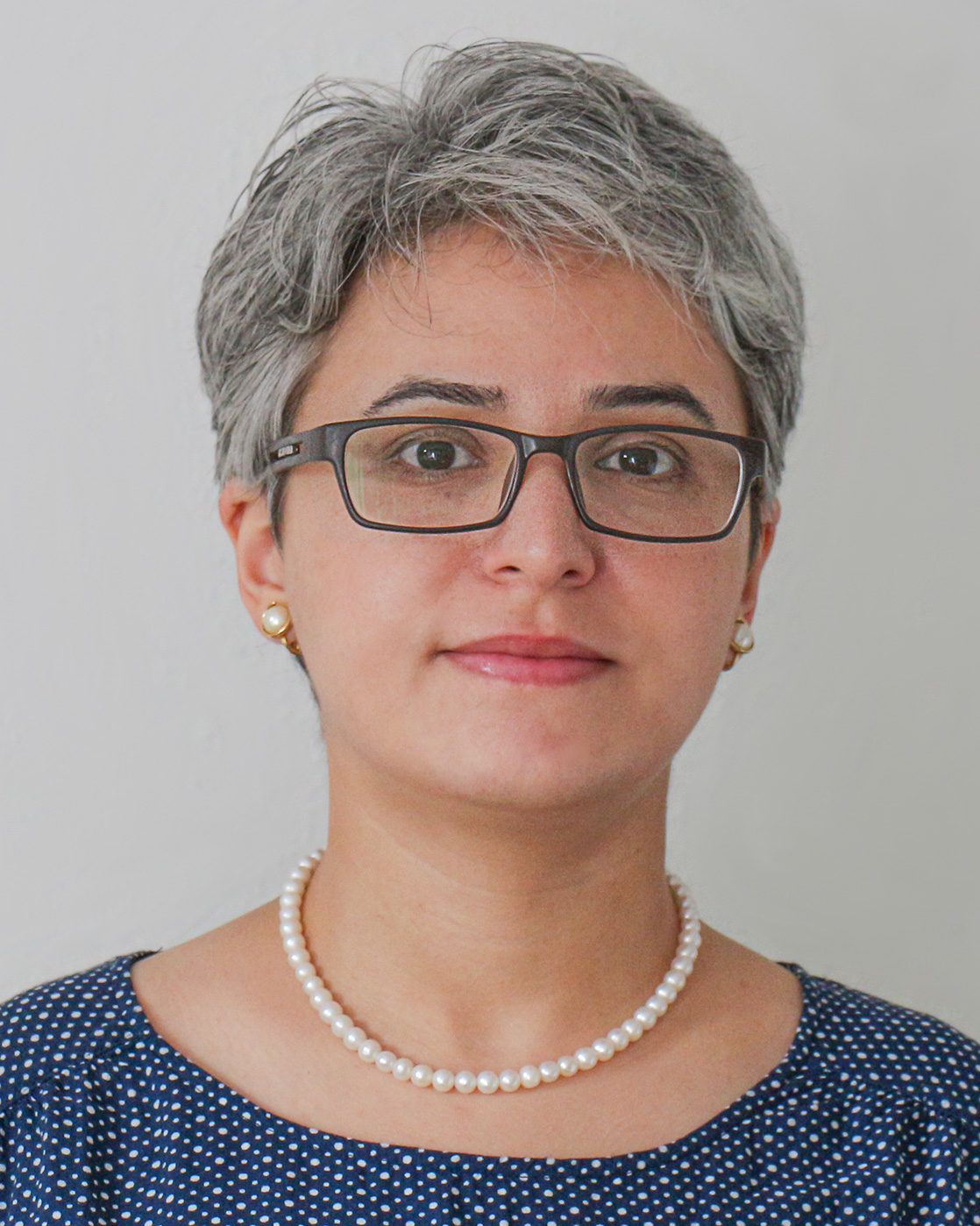ZMB Member Farnoush Farahpour
ZMB Member
Farnoush Farahpour
Next ZMB-Member
Dr. Farnoush Farahpour
Junior Group
Farahpour LabFaculty of Biology
Faculty of Medicine
University of Duisburg-Essen
Universitätsstr. 2
45141 Essen
- +49 201 183 4509
- Website
- Selected Publications
- Publication Metrics
-

- ZMB Research Program
Oncology
Research Overview
Overcoming Complexity of Biological Systems: from Data Analysis to Mathematical Modeling
Biological systems are complex. This complexity arises from the collective behavior of many interacting units and can occur at all levels of the biological world, from molecular and cellular levels to the individual and population levels. These systems may show simultaneously several aspects of complexity, for example by being dynamic, non-linear, self-organized, and multi-layered. To understand complex biological systems, it is not sufficient to identify and characterize the individual units in the system but a comprehensive understanding of the interactions between the units and seeing them as a community is necessary. This approach has proven its capabilities in providing mechanistic insights in the study of complex phenomena in all fields of biology from theoretical models of evolution to the transnational studies of complex diseases such as cancer or diabetes.
In our research, we focus on the development of computational methods, including data analysis tools and statistical and mathematical models, for understanding the dynamics and behavior of complex biological systems. We have active research projects on developing reliable tools to infer interactions of biological units, for example in microbial communities or T cell receptor repertoires. We also use different mathematical modeling approaches, including stochastic individual-based models, to study mechanisms of diversity generation and maintenance in biological communities, and multi-level models, for systems biology problems, like radio therapy-induced immune responses.
Selected Publications
-
Gut microbiota differences linked to weight gain and ART in people living with HIV are enterotype specific and minor compared to the large differences linked to sexual behaviorIn: Frontiers in Cellular and Infection Microbiology, Vol. 15, 2025, 1568352DOI, Online Full Text (Open Access)
-
Single-cell RNA and T-cell receptor sequencing unveil mycosis fungoides heterogeneity and a possible gene signatureIn: Frontiers in Oncology, Vol. 14, 2024, 1408614DOI (Open Access)
-
scBubbletree: computational approach for visualization of single cell RNA-seq dataIn: BMC Bioinformatics, Vol. 25, 2024, Nr. 1, 302DOI, Online Full Text (Open Access)
-
The Fungal Gut Microbiome Exhibits Reduced Diversity and Increased Relative Abundance of Ascomycota in Severe COVID-19 Illness and Distinct Interconnected Communities in SARS-CoV-2 Positive PatientsIn: Frontiers in Cellular and Infection Microbiology, Vol. 12, 2022, 848650DOI, Online Full Text (Open Access)
-
A Pro-Inflammatory Gut Microbiome Characterizes SARS-CoV-2 Infected Patients and a Reduction in the Connectivity of an Anti-Inflammatory Bacterial Network Associates With Severe COVID-19In: Frontiers in Cellular and Infection Microbiology, Vol. 11, 2021, 747816DOI, Online Full Text (Open Access)
-
BRAF and MEK inhibition in melanoma patients enables reprogramming of tumor infiltrating lymphocytesIn: Cancer Immunology, Immunotherapy, Vol. 70, 2021, Nr. 6, pp. 1635 – 1647DOI (Open Access)
-
Predominance of Central Memory T Cells with High T-Cell Receptor Repertoire Diversity is Associated with Response to PD-1/PD-L1 Inhibition in Merkel Cell CarcinomaIn: Clinical Cancer Research, Vol. 26, 2020, Nr. 9, pp. 2257 – 2267DOI (Open Access)
-
Gut Microbiota in Human Immunodeficiency Virus-Infected Individuals Linked to Coronary Heart DiseaseIn: The Journal of Infectious Diseases (JID), Vol. 219, 2019, Nr. 3, pp. 497 – 508DOI (Open Access)
-
Trade-off shapes diversity in eco-evolutionary dynamicsIn: eLife, Vol. 7, 2018, pp. e36273DOI (Open Access)
-
Quantitative Comparison of Abundance Structures of Generalized Communities : from B-Cell Receptor Repertoires to MicrobiomesIn: PLoS Computational Biology, Vol. 13, 2017, Nr. 1, e1005362DOI, Online Full Text (Open Access)

